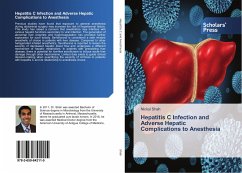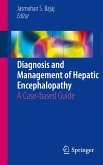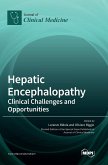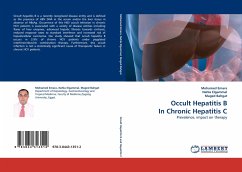Previous studies have found that exposure to general anesthesia during abdominal surgery may increase the risk of hepatorenal failure. This study has raised a concern that anesthetics may interfere with various hepatic functions secondary to viral infection. The generation of abnormal liver enzymes and hypercoagulation has provided further exploration for such toxicity. Sevoflurane is considered a safe inhaled anesthetic of choice in patients with liver disease. Compared to other halogenated inhaled anesthetics, Sevoflurane is reported to lessen the severity of decreased hepatic blood flow and undergoes a different mechanism of hepatic metabolism. In patients with preexisting liver disease, there is potential for low-flow sevoflurane to induce acute liver damage through other mechanisms. Limited data exists to guide clinical decision-making when quantifying the severity of cirrhosis in patients with hepatitis C and its relationship to anesthesia choice.
Bitte wählen Sie Ihr Anliegen aus.
Rechnungen
Retourenschein anfordern
Bestellstatus
Storno








